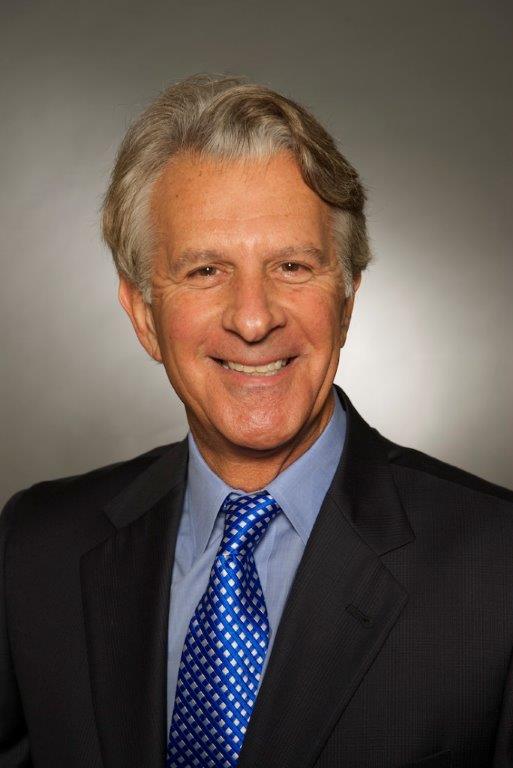Robert Feiger
DIGITAL ESTATE PLANNING
-What Can Be Done?-
|
|
|
Our lives today are interconnected with our digital devices that store vast amounts of digital assets of both a financial and sentimental value. The question each of us must ask is whether or not our existing wills, trusts and non-testamentary powers address the challenges presented by digital estate planning or do we risk leaving our digital assets unaccounted for upon our deaths. This article should be a wake-up call to each of us to begin to address the issue of digital estate planning.
To address this subject matter, we need to have a basic understanding of the following terms in connection with the development of such a digital estate plan.
- "Digital Devices" - This term refers to desktops, laptops, tablets, peripherals, mobile telephones, smart phones, electronic books and watches, audio and video recorders, flash drives, hard drives and any similar storage devices which currently exist or may exist as technology continues to evolve in the future.
- "Digital Accounts" - This term refers to electronic systems for creating, generating, communicating, storing, displaying or processing information which provides access to a "Digital Asset" which is stored on any type of Digital Device regardless of the ownership of the Digital Device upon which the Digital Asset is stored. Digital Accounts include, but are not limited to, the following: email accounts, social network accounts, health care accounts, financial and bank accounts, credit card accounts, travel-related accounts, domain registration accounts, web hosting accounts, tax preparation service accounts, online store accounts and other online accounts which currently exist or may exist as technology develops in the future.
- "Digital Assets" - This term refers to the data, files, text messages, emails, photographs, sounds, social media content, apps, codes, health care records, credit card points, computer source codes, computer programs, software licenses, databases or the like. Such Digital Assets would also include access to credentials such as username and passwords, which are created, generated, communicated, or stored by electronic means on a Digital Device.
With a basic understanding of these terms, the immediate fix that exists in connection with the proper disposition of one's digital estate is to update one's estate planning documents, thereby granting the executor under your will, the trustee under your trust and the agent under your non-testamentary powers, the ability to access, manage, use and control, if necessary, your Digital Accounts, as well as have access, use and control of your Digital Devices.
Once these goals can be addressed in this manner, thereafter, keeping track of your Digital Assets, determining goals and knowing the ownership rights associated with each are further crucial steps to be followed so as to maintain, manage, and securely develop an estate plan for the effective disposition of your digital estate.
For more information on this subject or to discuss your personal estate planning needs, please contact Robert Feiger at 972-450-7350 or email him at [email protected]. |
5301 Spring Valley Rd.
Suite 200
Dallas, Texas 75254
972-788-1400
www.fflawoffice.com
|
|
|
| 
ROBERT E. FEIGER
Robert E. Feiger practices in the areas of taxation, estate planning, and commercial transactions. He received a B.S.B.A. with final honors from Washington University in St. Louis, Missouri in 1971, where he graduated Beta Gamma Sigma; and his J.D., and L.L.M. in Taxation from Southern Methodist University School of Law in 1974 and 1995, respectively. While at Southern Methodist University, Mr. Feiger was on the staff of the Southwestern Law Journal. He served as Staff Attorney for the United States Securities and Exchange Commission in the Division of Enforcement, in Washington D.C., 1974 through 1977, and as an Assistant General Counsel for Betz Laboratories, Inc., a publicly held company, in Philadelphia, Pennsylvania, 1977 through 1978. He currently serves as a member to the Advisory Council of The Dallas Foundation. He is admitted to the State Bar of Texas, and is also a member of the Tax Section of the State Bar of Texas. |
| AREAS OF PRACTICE
Business Law; Securities; Tax: Business Entities; Trusts & Estates: Estate & Asset Preservation Planning; Trust & Estates: Probate & Estate Administration
|
|